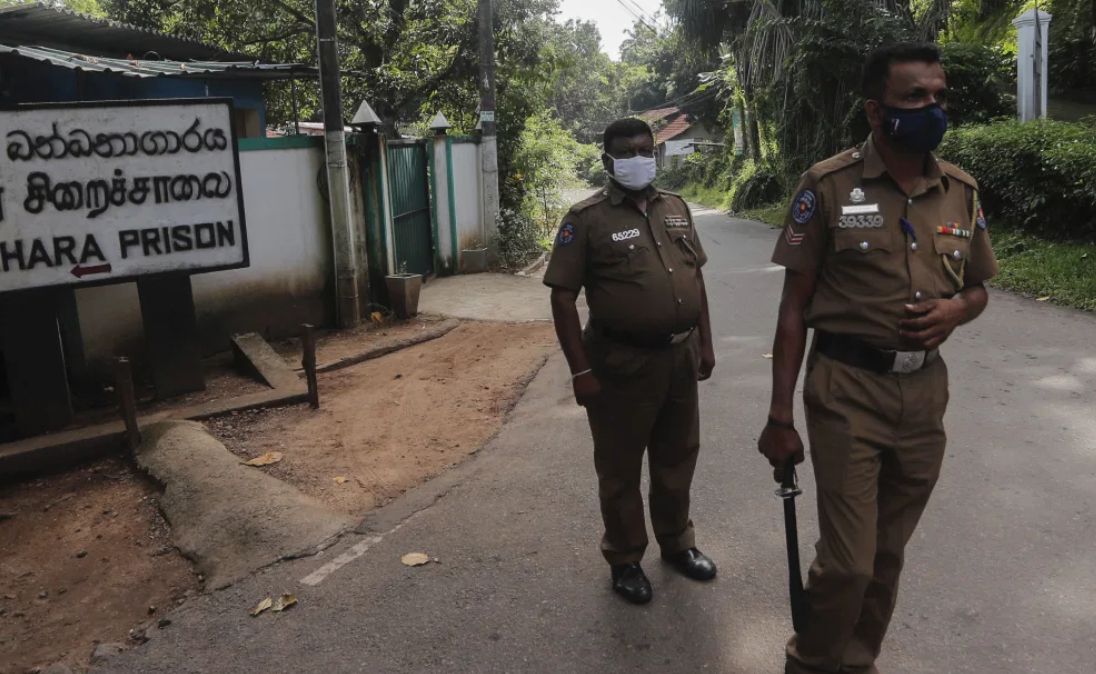The Committee for Protecting Rights of Prisoners wrote to the President of the UN General Assembly and the UN Secretary General about the killing of 16 prisoners last year. The killings had taken place in four prisons during five incidents. In one incident eleven prisoners were killed.
The letter coincided with President Gotabaya Rajapaksa’s speech to the United Nations General Assembly the 22nd of September.
It highlighted how congested prisons with a capacity to hold only 11, 000 inmates were stretched to accommodate 32, 000 prisoners. Among the main reasons for overcrowding are the high percentage of prisoners who are being convicted for defaulting on the payment of finesand the wait and delay in completing trials.
In 2019, more than 70 percent of convictions were because of the inability to pay fines.
As of 31st December 2019, some 1809 (12.3percent) prisoners were waiting for more than one year for their trials to start and 680 (4.6percent) were awaiting trial for more than two years.
Those whose trials that took the longest to complete are prisoners detained under the Prevention of Terrorism Act (PTA). The letter states there have been persons in detention for as long as 18-19 years under the PTA without having their cases concluded and in some cases, charges were not filed for 15 years. ‘This year, a male PTA detainee was released after about 13 years in detention citing the lack of evidence and previously, a female PTA detainee was acquitted after she was found not guilty after 15 years in detention’.
Remand prisoners also make up a large percentage of inmates because of their inability to pay deposits for bail or due to police and magistrates choosing remand as the norm and bail as the exception. Between 2015-2019 the percentage of remand prisoners was between 78—82 percent.
Overcrowding has compromised the health of prisoners with thousands contracting Covid or having to be in cramped quarantine facilities. The Bogambara quarantine facility which has room for 100 had held more than 800 inmates.
‘Since March 2020, we have appealed to the President and other authorities to ensure the protection of prisoners in the context of COVID-19’, says the Committee. ‘We pointed out the inability of inmates to practice health guidelines due to massive congestion and suggested practical steps that could be taken to release prisoners and reduce congestion through existing legal and constitutional provisions.’
The Committee also raised concerns about the food and nutrition of prisoners. In 2019 the average cost of food for a prisoner per day was Rs. 151 (approximately USD 0.75) which is not enough for a day’s nutritious meals.
Among the Committee’s key demands is the systematic implementation of the prisoner review once in four years in keeping with the Prison Ordinance because it will make away for convicted prisoners to get relief for their sentences, such as conversion of death sentences to life sentence and life sentences to 20 years.
To read the full statement click on:





